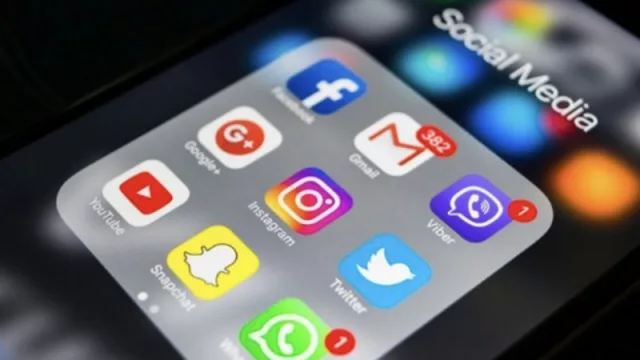Whether through computers, smartphones, or other devices, we are increasingly spending more time connected, a trend that intensified during the most challenging years of the pandemic. It is interesting to note that Latin Americans have some of the highest browsing times among the 46 analyzed countries.
In countries like Brazil, Argentina, and Colombia, internet users spend more than nine hours per day on web browsing, including social media. Mexicans, on the other hand, spend over eight hours a day on the internet. In contrast, Spain is below the global average, with five hours and 45 minutes, while Japan has the lowest presence with three hours and 45 minutes of daily online activity.
These data demonstrate that digital, mobile, and social media have become an indispensable part of people's daily lives worldwide, both at work and during leisure time. We spend over a quarter of our day surfing the web, and it is estimated that approximately six out of ten people are already online. This updated projection provides a clear view of how much time we will invest in the internet in 2023.
On average, global internet users spend 6 hours and 43 minutes daily online and on social media platforms. This figure makes us reflect on the fundamental role that the internet and social media play in our lives. Through these platforms, we interact with friends and family, stay informed, make purchases, and entertain ourselves.
However, it is important to question how much time we are actually investing in the internet. According to a study by Global Web Index for the second quarter of 2022, global users spend almost 7 hours per day online through computers, mobile phones, or tablets. This time has experienced changes over the years, with significant increases between 2013 and 2017, followed by variations between 2018 and 2019. Although online time increased during the pandemic, this trend turned out to be temporary.
It is astonishing to think that we touch our phones an average of 2,617 times per day, even more for heavy users. That equates to approximately 18,000 times per week and nearly a million times per year. These gestures of swiping, tapping, dragging, performing quick movements, and pinching have become so habitual that they seem programmed and completely natural in our interaction with mobile devices (Dewey, C. The Washington Post).
An important finding highlighted by Global Web Index is that much of this increase in online time is due to the so-called "heavy users," those who spend more than 4 hours per day on social media and are now further increasing their time on these platforms. Globally, the number of internet users has increased by 3.7% in the past year, reaching 5.03 billion as of July 2022. This annual growth of 178 million new users has driven internet penetration worldwide to 63.1%.
It is worth mentioning that in Mexico, according to a study published by El Economista in 2016, social media penetration already reached 93% of internet users in that country, and it was projected to reach 72 million users by 2021. However, according to the iLifebelt Study 2021, as of October 2020, there were already 89 million social media users in Mexico, equivalent to the total number of internet users in the country.
It is worth mentioning that in Mexico, according to a study published by El Economista in 2016, social media penetration already reached 93% of internet users in that country, and it was projected to reach 72 million users by 2021. However, according to the iLifebelt Study 2021, as of October 2020, there were already 89 million social media users in Mexico, equivalent to the total number of internet users in the country.
Not only is the number of users on social media increasing, but also the time spent on these platforms. Currently, TikTok is the social network where people spend the most time per day, followed by YouTube. This demonstrates the preference for audiovisual content in recent years.
In addition to time spent on social media, general internet usage and music streaming services have also increased following the pandemic. A survey conducted in the United Kingdom revealed that 20% of internet users expect to continue consuming content through streaming services even after restrictions are relaxed, and an additional 15% plan to maintain their increased use of social media.
It is estimated that teenagers can spend up to 9 hours a day online, of which at least 30% is dedicated to social media interactions. This represents 60% of their time on mobile devices.
The big question is, isn't it time to disconnect from the internet? Whether it's for business or communication purposes, nearly 7 hours for adults and 9 hours for teenagers being "connected" is a significant amount of our lives. While in this average time we may not be completely focused on active use, it is true that our minds and mechanisms are connected and paying attention to the next email, WhatsApp message, or post... and that takes away time from paying attention to other things.
The big question once again is, shouldn't technology companies even create ways for people not to be "connected" for such a long time?












Tu opinión enriquece este artículo: